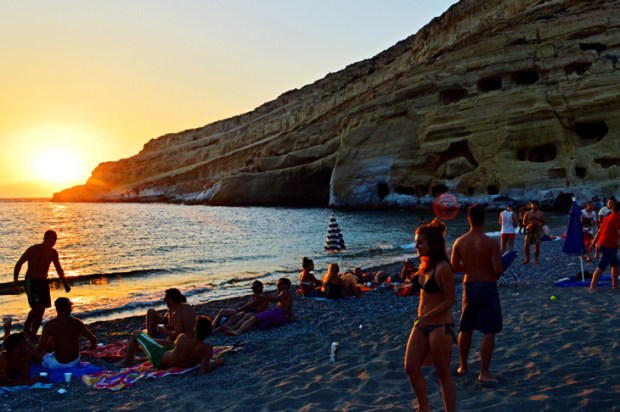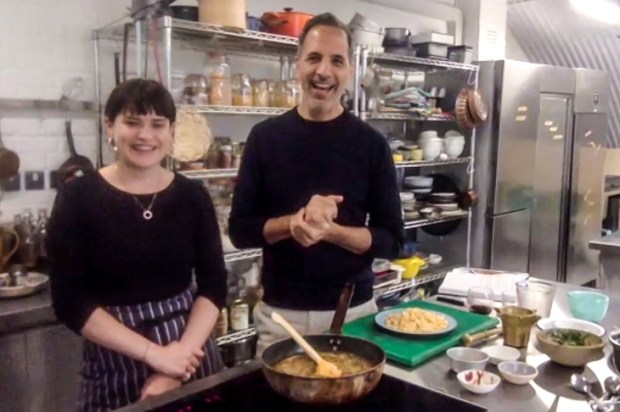Lorde vs Lana
People who live in glass houses really shouldn’t get changed with the lights on. Doubly so, one should have thought, if they happen to be among the most famous female performers in the entertainment world.
A few years ago, the talented Kiwi performer Ella Yelich-O’Connor, otherwise known as Lorde, caused a bit of a stir after saying she had been listening to the music of the sultry-voiced Elizabeth Grant, otherwise known as Lana Del Rey, ‘and the whole time I was just thinking it’s so unhealthy for young girls to be listening to’.
Already a subscriber? Log in
Subscribe for just $2 a week
Try a month of The Spectator Australia absolutely free and without commitment. Not only that but – if you choose to continue – you’ll pay just $2 a week for your first year.
- Unlimited access to spectator.com.au and app
- The weekly edition on the Spectator Australia app
- Spectator podcasts and newsletters
- Full access to spectator.co.uk
Unlock this article
You might disagree with half of it, but you’ll enjoy reading all of it. Try your first month for free, then just $2 a week for the remainder of your first year.















Comments
Don't miss out
Join the conversation with other Spectator Australia readers. Subscribe to leave a comment.
SUBSCRIBEAlready a subscriber? Log in